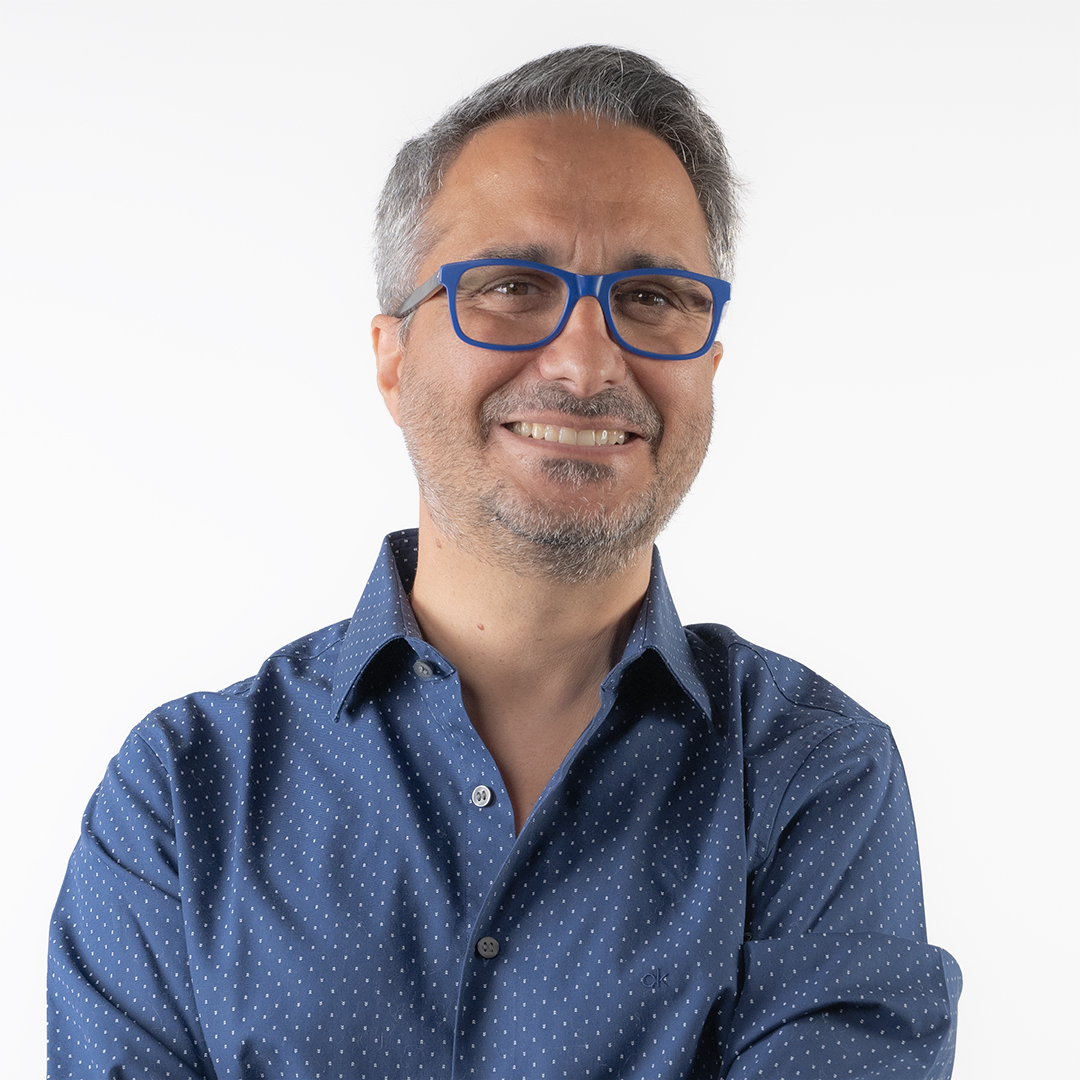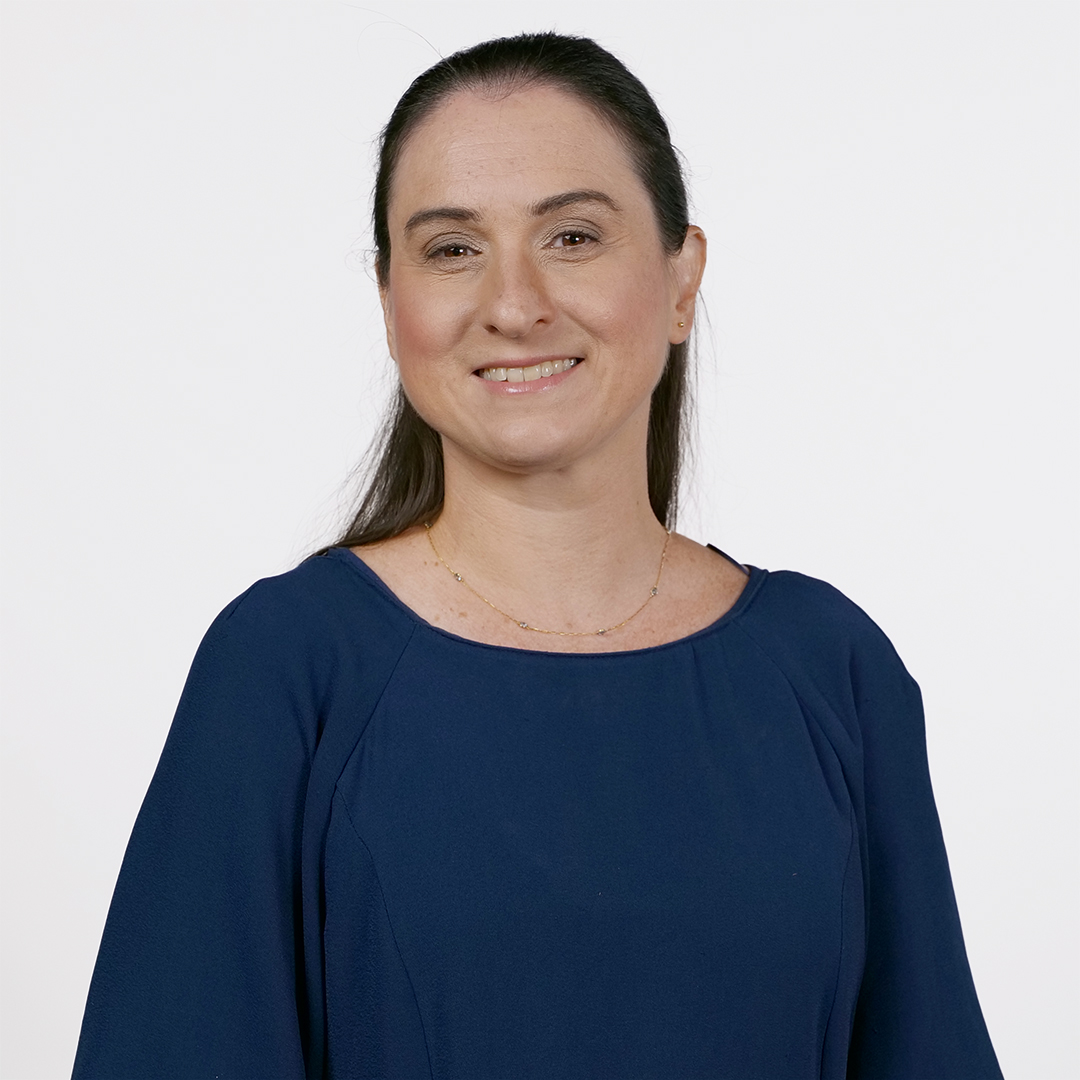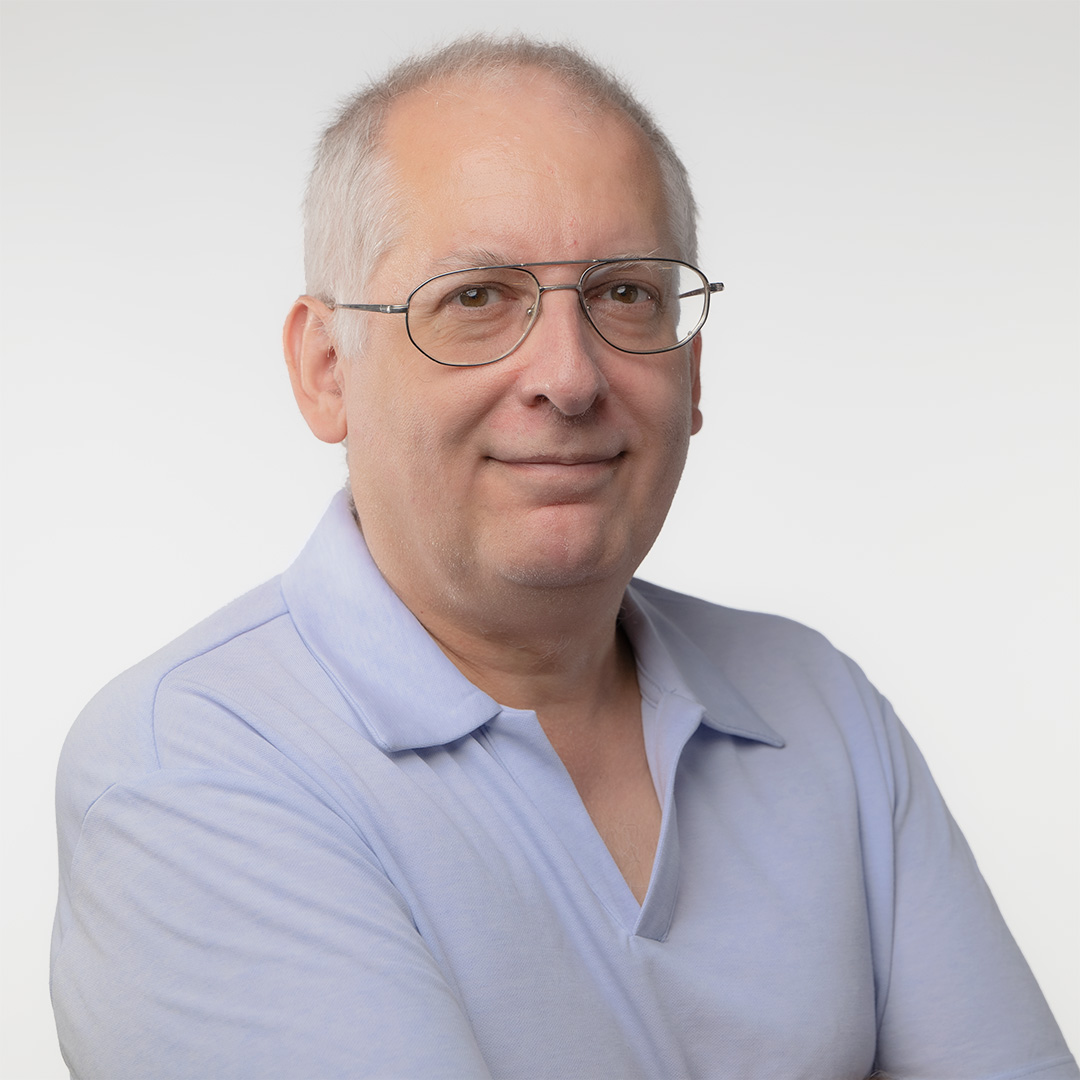Log in and enrol
Sustainable Urban Water Systems
Sustainable Urban Water Systems
Solutions for Sustainable Water Management in Resilient Smart Cities
Introduction to the Sustainability series
This MOOC is part of the series on “Sustainability”, which is one of the world’s major challenges of today and tomorrow and requires multidisciplinary competences. The series provides technical knowledge on a variety of topics, such as sustainable building, energy transition, water management and food waste prevention.
See the full seriesCourse description
The MOOC “Sustainable Urban Water Systems” aims to provide knowledge about modern and sustainable solutions for urban water management in water-sensitive cities. The focus is on stormwater control and water supply strategies for the mitigation of effects on the water cycles due to human settlements and climate change. In particular, the integration of Nature-based Solutions (NbS) into urban drainage systems, the use of alternative water resources, and the reduction of losses and waste, make cities more resilient and add benefits to both the environment and community.
The first week gives an overview of water cycle alteration in urban areas due to human settlement and climate change.
The second week focuses on nature-based solutions for urban stormwater management to achieve resilience in front of evolutionary risks.
The third week focuses on strategies for sustainable water supply, in terms of reduction of losses and waste, rainwater harvesting, and alternative water resources.
The course is structured in 3 weeks.
- Week 1 – The Water Cycle in Urban Areas: Natural Processes and Human Activities
- Week 2 – Water Sensitive Cities: Increasing Resilience to Evolutionary Risks
- Week 3 - Sustainable Water Supply Strategies
Total workload of the course: 6 hours
This MOOC is provided by Politecnico di Milano.
Intended Learning Outcomes
By actively participating in this MOOC, you will achieve different intended learning outcomes (ILOs).
Week 1
- Discuss urban water cycle alterations caused by human settlement
ESCO: water consumption - Describe the impact of human activities on water resources
ESCO: estimate consumption of water - Identify climate change effects on rainfall and runoff in urban areas
ESCO: develop water supply schedule
Week 2
- Describe Sustainable Urban Drainage Systems to Restore the Natural Water Cycle in CitiesESCO: advise on soil and water protection
- Compare Nature-Based Solutions for recovering from Human Impacts on the Water Cycle
ESCO: Water reuse - Identify strategies to Make Cities Water Resilient to Evolutionary Risks
- Discuss the role of Green Roofs and Vegetated Walls for Stormwater Management
ESCO: rainwater management - Describe the role of Permeable Pavements for Flood Risk Mitigation
ESCO: develop flood remediation strategies - Describe bio-retention areas for Flood Risk and Water Pollution Mitigation
ESCO: pollution prevention - Explain how to plan Water Square and Blues Roofs for Stormwater Management
ESCO: water policies - Classify Infiltration Systems for RainWater Control
Week 3
- Identify Sustainable Water Supply Strategies for Water Sensitive Cities in order to make them Resilient to Climate Changes
ESCO: follow water supply schedule - Identify strategies to Balance Water Availability, Needs and Uses in Urban Areas
- Discuss Solutions to reduce Water Loss and Waste
ESCO: Conserve water resources - Describe the Use of Non-conventional Water Resources for Sustainable Water Supply
ESCO: inform on water supply - Explain how to plan Rainwater Harvesting and Reuse as Alternative Source of Water Supply
Prerequisites
No prerequisite knowledge is required for this course.
Activities
Over and above consulting the content, in the form of videos and other web-based resources, you will have the opportunity to discuss course topics and to share ideas with your peers in the Forum of this MOOC.
Section outline
-
-
-
-
-
-
-
-
Bibliography Page
-
Sitography Page
-
Assessment
Your final grade for the course will be based on the results of your answers to the assessed quizzes. You have an unlimited number of attempts at each quiz, but you must wait 15 minutes before you can try again. You will have successfully completed the course if you score a total of 60% (or higher) in each of the assessed quizzes.
The maximum score possible for each quiz is given at the beginning of the quiz. You can view your score in the quiz on your last attempt or on the 'Grades' page.
Certificate
You can achieve a certificate in the form of an Open Badge for this course, if you obtain, at least, 60% of the total score in the graded quizzes and by filling in the final survey.
Once you have completed the required tasks, you will be able to access ‘Get the Open Badge’ and start issuing the badge. Instructions on how to access the badge will be sent to your e-mail address.
The Badge does not confer any academic credit, grade or degree.
Information about fees and access to materials
You can access the course completely online and absolutely free of charge.
Course faculty

Gianfranco Becciu
Teacher
Prof. Gianfranco Becciu, PhD, P.Eng. Associate professor at Politecnico di Milano. Fellow of Wessex Institute of Technology, UK. Vice President of CSDU - Centro Studi di Idraulica Urbana (Research Facility on Urban Hydraulics). His scientific interests are in the field of Hydrology and Water Engineering, particularly focused on: - Sustainable management of stormwater in urban areas - Flood risk forecasting and mitigation - Water supply planning and optimization He is the author of 2 books on Water Engineering (in Italian) and of more than 100 publications, among which about 50 are papers published in indexed peer-reviewed international journals.

Mariana Marchioni
Teacher
Researcher fellow at Politecnico di Milano in the Water Science and Engineering Section (SIA) of the Department of Civil and Environmental Engineering (DICA). Main research interests are stormwater management, sustainable urban drainage systems, nature-based solutions, rainfall-runoff modelling. Obtained the PhD in 2018 with the thesis “Porous pavements: runoff quantity and pollutants load”, during the program spent a research period in the University of Florida, USA. Before focusing on research, worked in the market development department of the Brazilian Association of Portland Cement being responsible for the permeable pavement project and other projects related to building sustainability. Prepared the first draft and participate on the development of the permeable pavement Brazilian Standard (ABNTNBR 16416).

Anita Raimondi
Teacher
Researcher (RTDA) and lecturer of Water Engineering at the Water Science and Engineering Section (SIA) of the Department of Civil and Environmental Engineering (DICA) of Politecnico di Milano. Master's degree in Civil Engineering (110/110 cum laude) and Ph.D. in Environmental and Infrastructure Engineering at Politecnico di Milano. The main research fields are stormwater control and management, nature-based solutions and rainwater harvesting, and analytical-probabilistic approach for storage modeling. Author of several publications in refereed scientific journals and symposium proceedings. Reviewer for indexed peer-reviewed international journals. Guest Editor and Co-Editor of Special Issues for the journal Water and member of the Topical Advisory Panel for the section Urban Water Management.

Umberto Sanfilippo
Teacher
Prof. Umberto Sanfilippo, PhD. Full Researcher at Politecnico di Milano Head of Sector of the Flowmeters Calibration Service at Politecnico di Milano Treasurer of CSDU - Centro Studi di Idraulica Urbana (Research Facility on Urban Hydraulics) His scientific interests are in the field of Hydrology and Water Engineering, particularly focused on:- Sustainable management of stormwater in urban areas; - Flood risk forecasting and mitigation; - Testing of flowmeters. He is the co-author of 2 books on Water Engineering (one in Italian and one in English) and of more than 100 publications.
Contact details
If you have any enquiries about the course or if you need technical assistance please contact pok@polimi.it. For further information, see FAQ page.